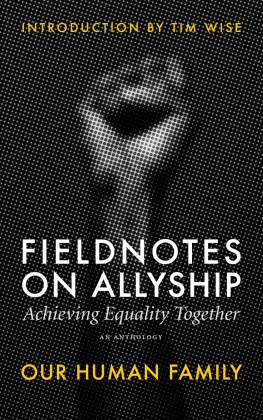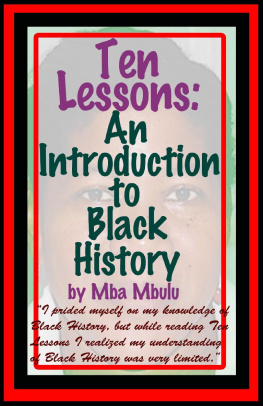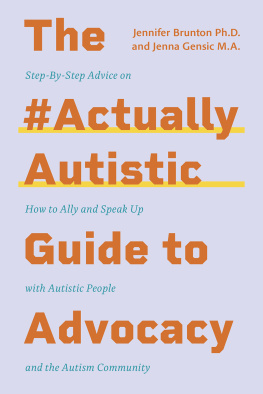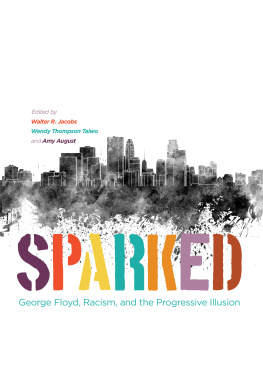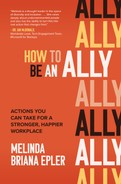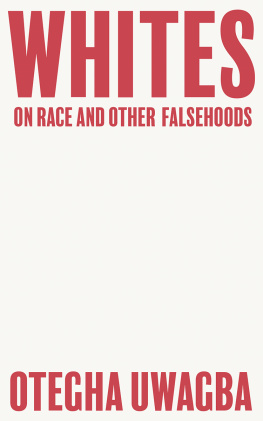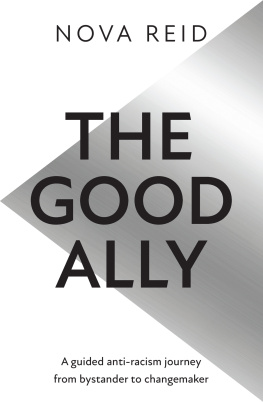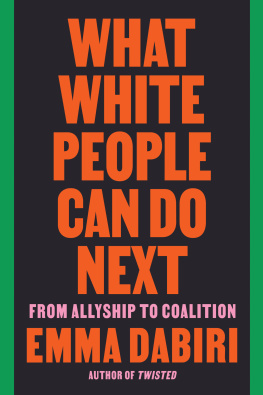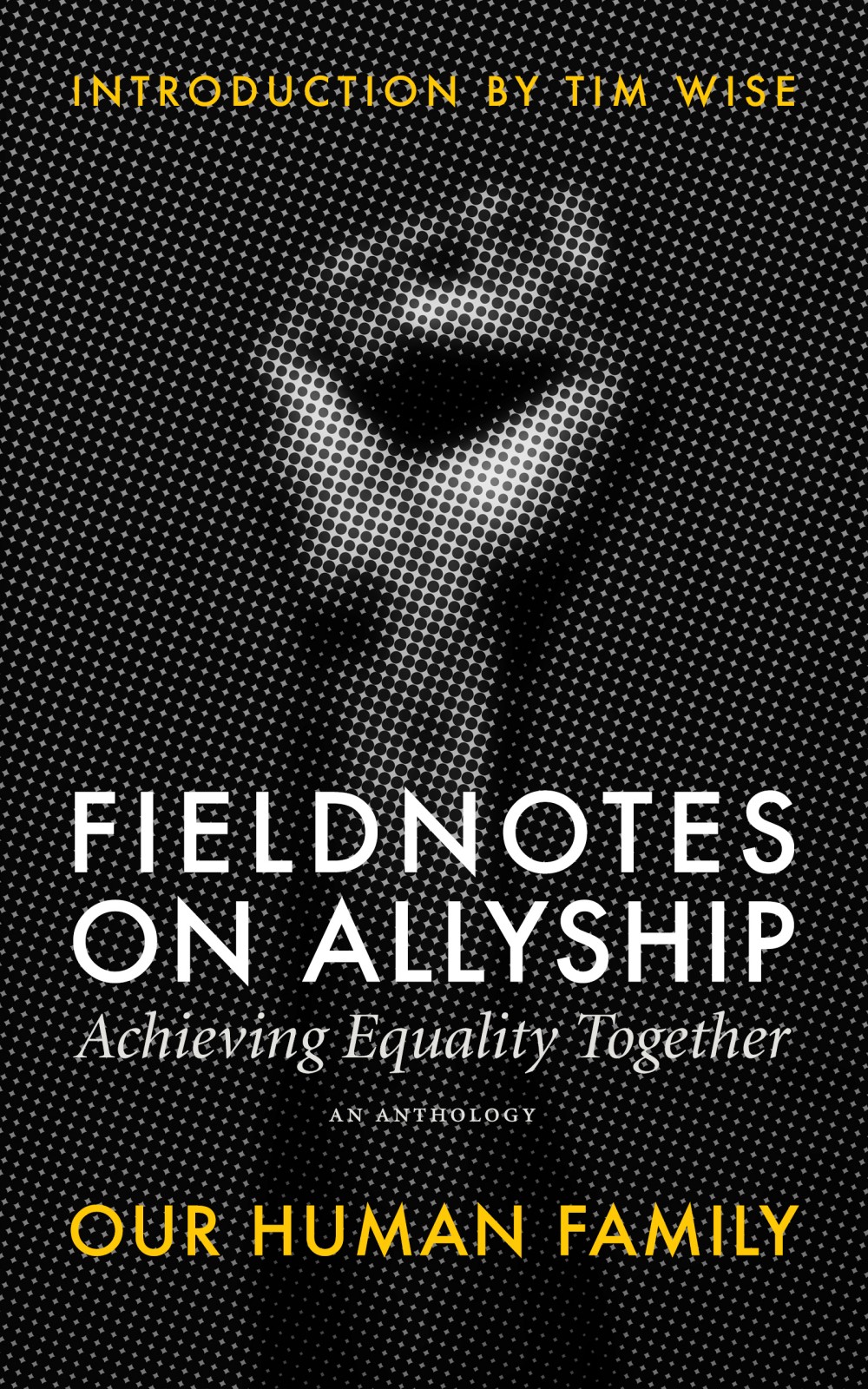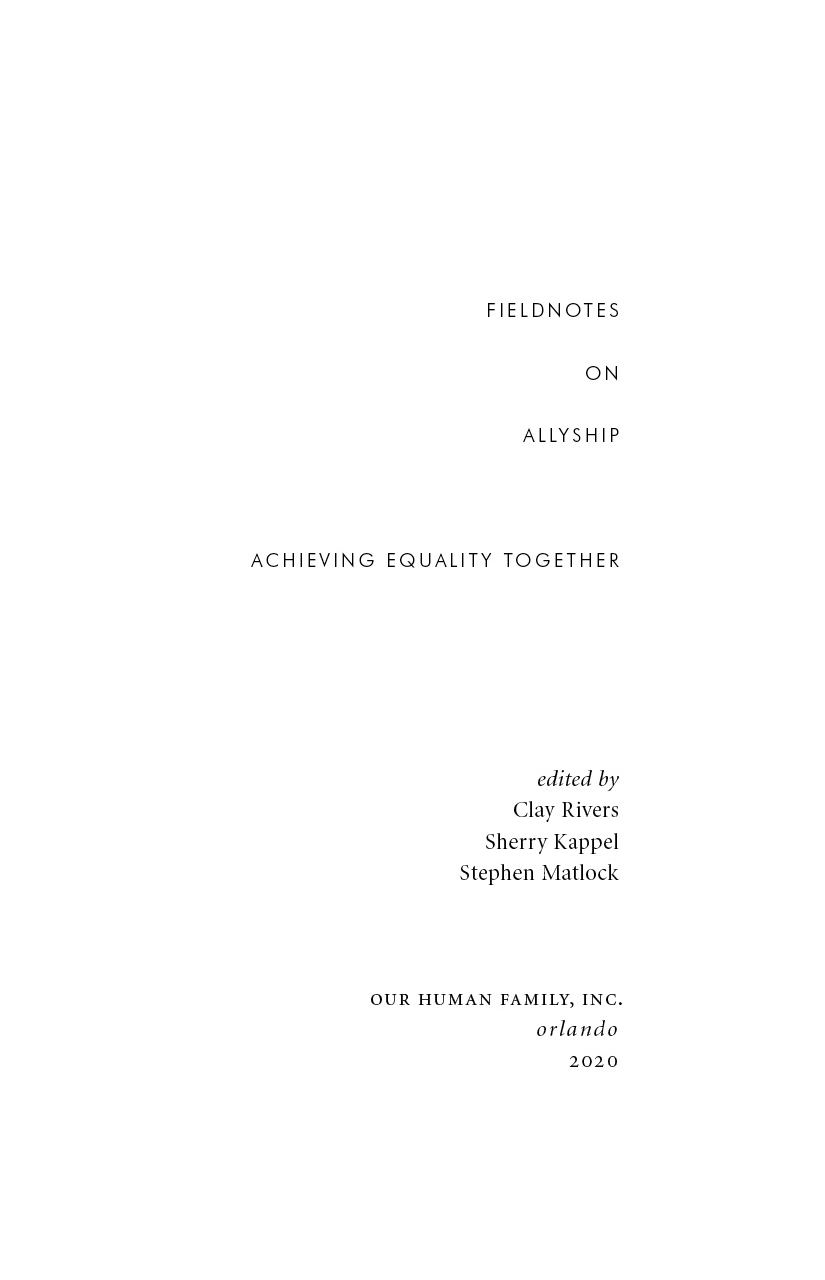
Dedication
For George
Breonna
Ahmaud
Jordan
Philando
Sandra
the Mother Emanuel Nine
Tamir
Michael
Eric
Trayvon
Epigraph
If we all are to be free, then we all need to be allies in support of the liberation of us all.
Joel Leon
Contents
Foreword
by Clay Rivers
summer 2020, people the world over learned the United States ugly secret known by Black people in this country for 400 years: Black lives are regarded as having little to no value. And for any Black person who dares challenge this worldview, retribution can be sure, swift, and deadly.
In 1919, fifty-four years after the abolition of the enslavement of Black Americans and thirty-nine years after Black men were granted the right to vote, July Perry led a voter registration campaign for the Black residents of Ocoee, Florida. In response, white residents lynched him, ran all of the Black residents out of town, and burned their homes, churches, businesses, and farmland to the ground. No Black person voted again in Ocoee for at least fifty years.
In 1955, fourteen-year-old Emmett Till was brutally murdered for allegedly flirting with a white woman. Two men kidnapped the boy, beat and mutilated him, shot him in the head, tied a seventy-pound fan around his neck with barbed wire, and dumped his body in a nearby river. His body was found three days later. After an hour of deliberations, Tills murderers were acquitted by an all-white jury. Three months later, they confessed to the murder in a national magazine interview. Decades later, Tills accuser admitted she fabricated parts of her testimony.
As late as August 22, 2020, Trayford Pellerin was fatally shot outside a convenience store in Lafayette, Louisianna. The following day, Jacob Blake was shot in the back numerous times at close range in Kenosha, Wisconsin. Lest you think these horrors are one-offs or a freak occurrence, the National Museum for Peace and Justice in Montgomery, Alabama, memorializes close to 4,400 known victims of terror lynchings that occurred between 1877 and 1950. These events were not the exception, but the rule that governed the lives of Black people in America. This unspoken code of inequity continues up to the present day, as felt in the deaths of our fallen brothers and sisters Trayvon Martin, Eric Garner, Michael Brown, Tamir Rice, the Mother Emanuel Nine, Sandra Bland, Philando Castile, Jordan Edwards, Ahmaud Arbery, Breonna Taylor, George Floyd, and others too many to name.
These tragedies are emblematic of the Black experience in America. The stone-cold nonchalance and frequency with which these acts of anti-Black hatred occur never cease to shake decent people to our core. We suppress the outrage over the innumerable indignities and microaggressions we endure for fear that revealing a sliver of our genuine frustration will only validate the angry Black person trope, land us in jail, or worse. We unflinchingly swim against the torrent of scorn and denigration, designed to rob us of our humanity and self-esteem. And we mask the grief that accompanies being routinely regarded as mere bit players in the show that is the history of America.
Yet we strive for the station that God has bestowed upon all men; not to stand beneath or above our white brothers and sisters, but on the same footing, shoulder-to-shoulder, as equals. Sadly, as we demonstrate our humanity and right to claim life, liberty, and the pursuit of happiness as guaranteed by our nations founding documents, we live in the knowledge that as sure as the sun rises, our selves or any one of our beloveds could become the next murdered and martyred trending topic or rallying cry by days end.
This most recent spate of hate against Black bodies in white spaces has opened the eyes of many white Americans. But it has taken a deluge of camera phone footage documenting the murders of Black men, women, and children to convince large numbers of white people that America has a chronic anti-Black racism problem. These impromptu documentaries substantiate what Black people experience, witness, and testify to in courts daily, what white minds refuse to imagine possible or believe: Black lives are routinely being snuffed out at the hands of law enforcement officers and garden variety racists. With impunity and paid administrative leave. Now any random bystander can become a bona fide eyewitness to the murder of a Black body and upload it to the social media platform of their choice for all the world to see.
The shockwaves from this shift in the nations consciousness have been seismic. Americans from coast to coast are re-examining the countrys relationship with anti-Black racism and the symbols used to tell Americas history. Confederate monuments are coming downsome taken down forcibly by citizens, others quietly removed without fanfare by local and state mandates. nascar stunned the public and infuriated a sizable section of its fanbase when it banned the Confederate flag from its events. Corporations have issued full-throated statements of support for Black Lives Matter. Whether future deeds will align with present words remains to be seen, but its a long overdue and welcome step in the right direction. Even the state of Mississippi, the last to still display the Confederate battle flag, recently voted to remove the stars and bars from its state flag.
Even during the global covid-19 pandemic, the sheer number of demonstrations and participants who have marched in opposition to the systemic racism and police brutality perpetrated against Black people has been unlike anything seen before in this country. In the streets of Minneapolis, New York, Seattle, Los Angeles, San Francisco, Chicago, and Atlanta, in hundreds of metropolitan areas and thousands of small towns around the United States, people of all ages, all ethnicities, shapes, sizes, and vocations have marched in protest. In Philadelphia on June 6, up to 80,000 people marched in solidarity and support of the notion that Black lives are to be valued.
This time is unlike any other in the planets history. People are taking part in a movement, not a moment. While hundreds of thousands of people have participated in demonstrations, there are many more who want to take part in realizing a more equitable world, for whom demonstrating is not a viable option. And thats okay. Not everyone has to be the tip of the spear. Theres plenty more work to be done. Much more.
Our Human Family creates programs and educational tools to help people advocate for racial equality and inclusion. We know there are people who are unsure of where, when, or how to get involved. We saw this as an opportunity to provide them with a handbook of sorts to help prepare them for the work of equality and anti-racism. And Fieldnotes on Allyship: Achieving Equality Together was born.
Fieldnotes on Allyship is inspired by scientists established practice of taking notes on what they observe while out in the field. We extend its function into its design by providing generous side and bottom margins for you to jot down your observations and ruminations.
Fieldnotes on Allyship is an anthology of real-world observations on:
1.the precise nature of racism
2.the forces that maintain systemic racism
3.the preparations necessary to do the work of equality and anti-racism, and
4.actionable ways to facilitate equality in support of Black, Indigenous, and People of Color ( bipoc ), right where you are.
These seventeen chapters were written by authors and writers from the United States and around the world. They include anti-racism activists, authors, artists, a Masters Athlete, college professors, a retired U.S. Navy sailor, political pundits, an attorney, and anthropologists. Theyre mothers, fathers, daughters, sons, sisters, and brothersall of various ethnicities. Some names you may already know, others you may not; but by the time you read to the end of this book, their collective storieswritten with integrity, empathy, and an occasional sprinkling of humorwill live in your heart and mind.

